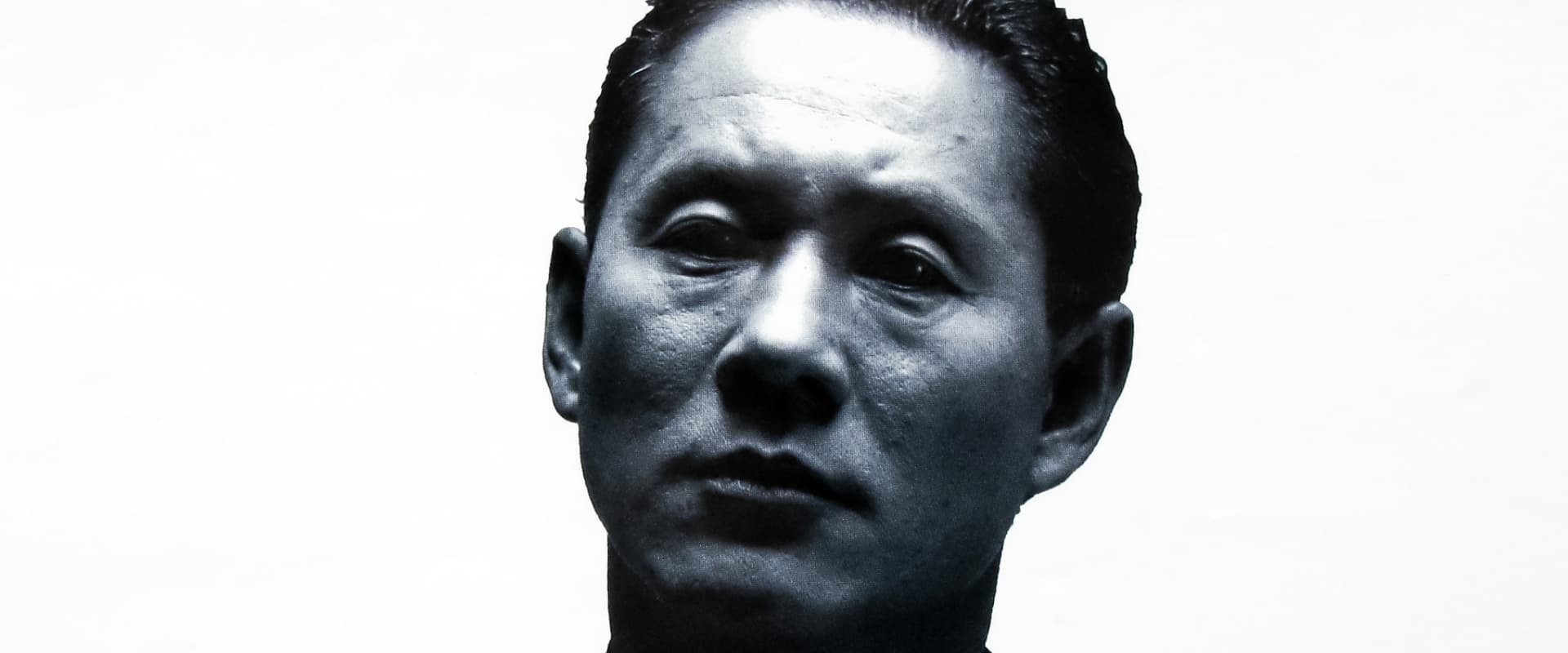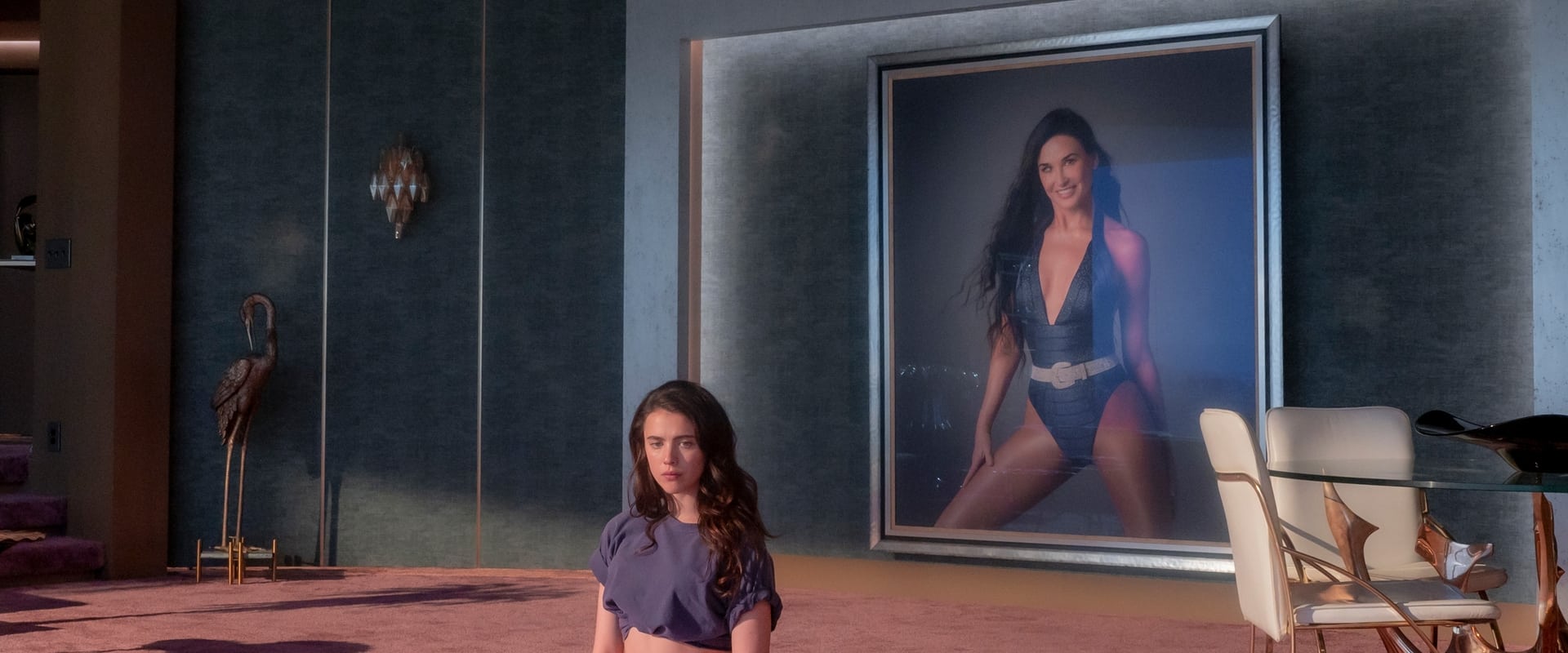With “Violent Cop,” Takeshi Kitano enters Japanese cinema not as a guest but as a one-man demolition squad—a laconic, poker-faced wrecker in a world so morally bankrupt that the cockroaches are considering an exodus. This is neo-noir at its most parched and asphyxiating, the kind of hard-boiled procedural that makes the whole notion of “procedure” look like a quaint bedtime story for children who still believe their parents will keep them safe. Kitano, directing himself with the offhand nihilism of a man who’s read too much Dostoevsky and refuses to be impressed, lets the camera sit and stare, as if daring us to look away first.
Kitano’s Azuma isn’t your swaggering Hollywood antihero—no wisecracks, no last-minute gestures toward humanity. He stalks his city like a specter bred in friction and bad lighting, imposing his private brand of order with the dead-eyed authority of a sleepwalker with a badge. The violence isn’t choreographed for titillation—it detonates, sudden and inelegant, a fist to the throat of the audience as much as the unlucky villains. When Azuma searches for justice, he’s less a bloodhound than a sledgehammer, and each step in his investigation thuds with the finality of a misanthropic uncle stomping out the last cigarette at Christmas dinner.
The formal bleakness of “Violent Cop” is relentless—a draining aesthetic that feels less like cinematic style than like the slow encroachment of carbon monoxide. Kitano’s use of long, airless takes is so punitive you wonder if he isn’t daring the viewer to get up, stretch, and leave the theater—a cinematic stare-down at its purest. The effect is hypnotic, and if you surrender to it, you find yourself settling into the movie’s rhythm the way one might adjust to solitary confinement—your nerves recalibrate to survive.
Now, let’s talk about the music: that off-kilter, almost impishly cheerful score that slinks around the film’s periphery like an uninvited clown at a wake. The dissonance between this jaunty soundtrack and the carnage on screen is either a wicked joke or a mini-masterstroke. Is Kitano telling us we’re watching a cosmic prank, a film where fate and suffering are just different kinds of background noise? There’s a lurid poetry to the effect—something that would have pleased Buñuel and shocked the undertakers.
Azuma’s relationship with his sister Akari snakes through the film like the world’s cruellest afterthought: a flicker of warmth, a feeble hope. Her fate—sealed as if by an indifferent god—is not so much a plot beat as a condemnation. Kitano never pleads for our tears; he lets life snuff itself out with bureaucratic indifference. Even when the violence escalates, there’s no crescendo, only that deadpan Kitano stare, as if the director himself cannot locate the energy to be surprised by life’s monstrosities.
The movie’s moral quandaries are less “choices” than traps, sprung by people so ingrained in the muck they believe it’s solid ground. Everyone is guilty, or soon will be—cops, criminals, victims. And Kitano seems to say: what hope for righteousness when the only church left standing is a gun barrel in the fog? There’s no operatic hand-wringing here, no moral epiphanies to make us feel clever about our dismay. What “Violent Cop” offers is the twitching standoff between brutality and indifference—the sense that all your high-school civics lectures were written by drunks.
Yet, for all its studied cool, there’s a glimmer of future glory. Kitano, still finding his feet as a director here, already understands how to shape dread into visual music: his static, off-balance frames dare the audience to flinch, his sudden violence is imparted with the dry wit of a man too bored to revel in carnage. If the film’s pace sometimes wobbles and its tone lapses into monotony, so be it—that’s existentialism! Even the film’s rough edges feel less like limitations than anti-industrial camouflage, the rugged skin of a filmmaker allergic to anything like gloss.
If you want catharsis, look elsewhere. If you want optimism, you’ve come to the wrong precinct. What “Violent Cop” offers is something jagged and haunting—a reminder that, in a world abandoned by virtue, the last man standing may simply be too stubborn to lie down. The artistry is raw, even untamed, but you sense the teeth behind the grin—Kitano’s artistry will only grow sharper, deadlier, more beguiling.
The credits crawl by with the hollow finality of a threat left unspoken. You stagger out of the theater—chilled, unsettled, weirdly exhilarated, as if you’d learned a terrible secret but can only half-remember it. Kitano’s “Violent Cop” doesn’t ask you to solve its riddle; it dares you to live with it.
Now, that’s a debut.


